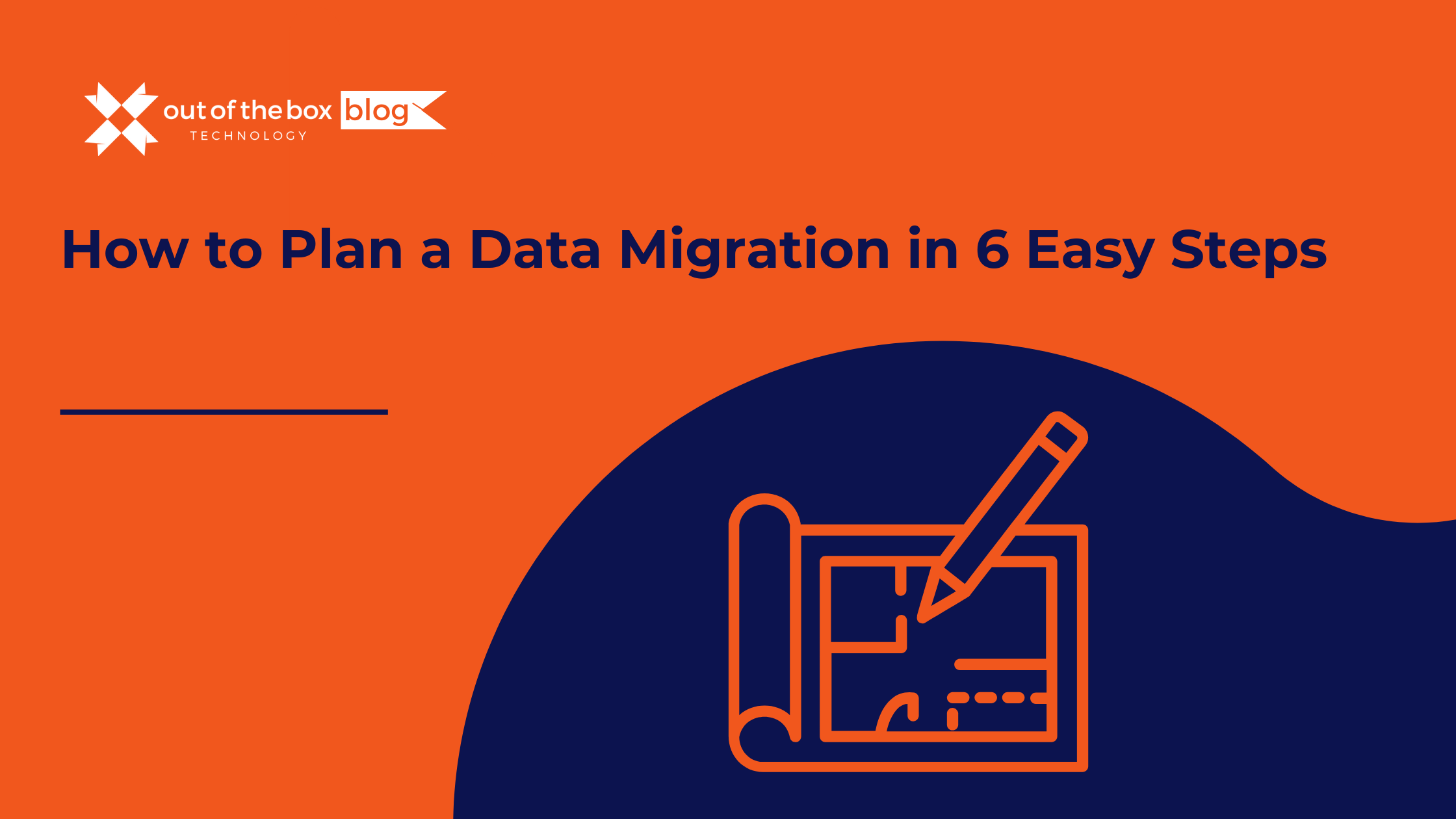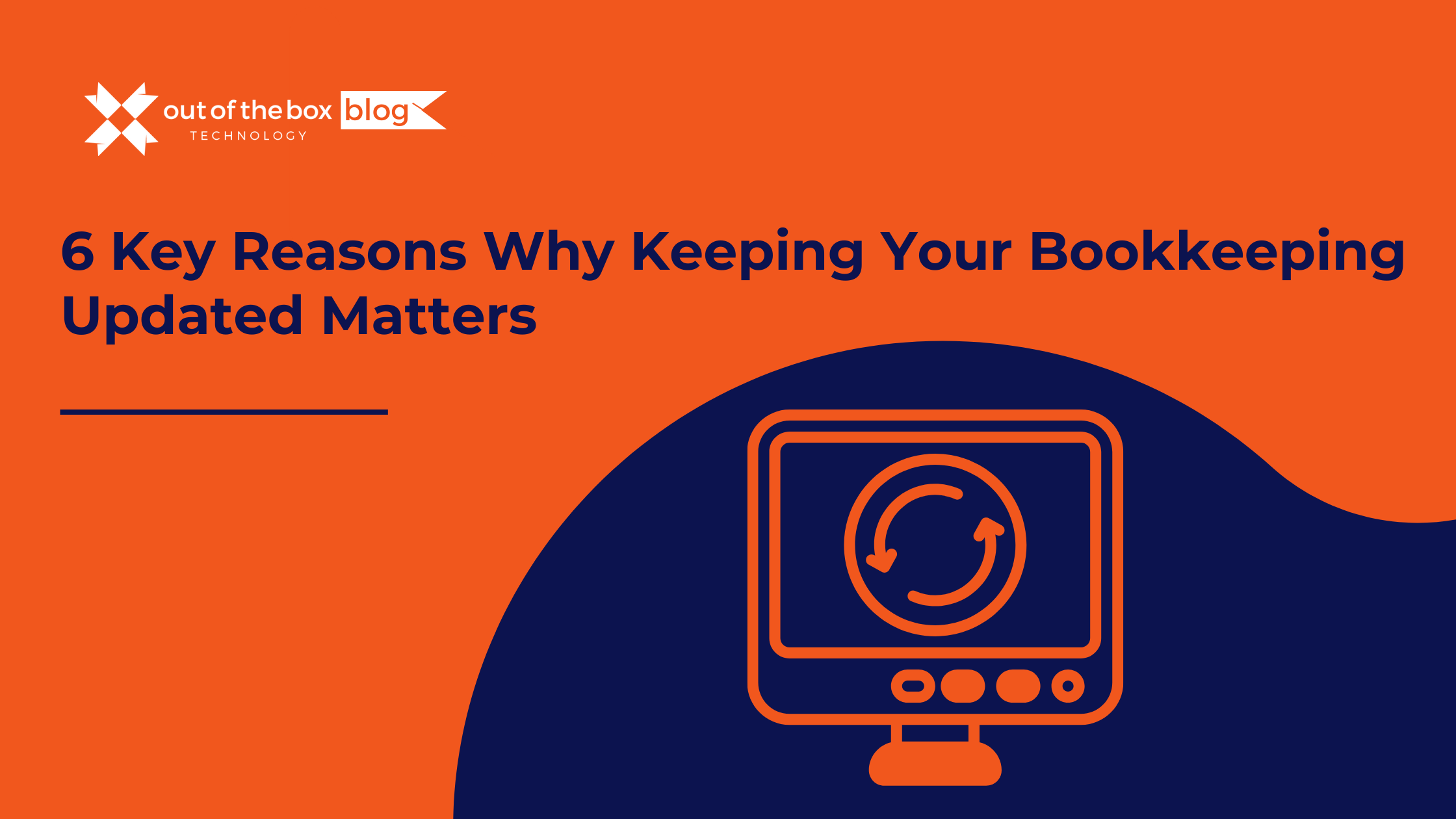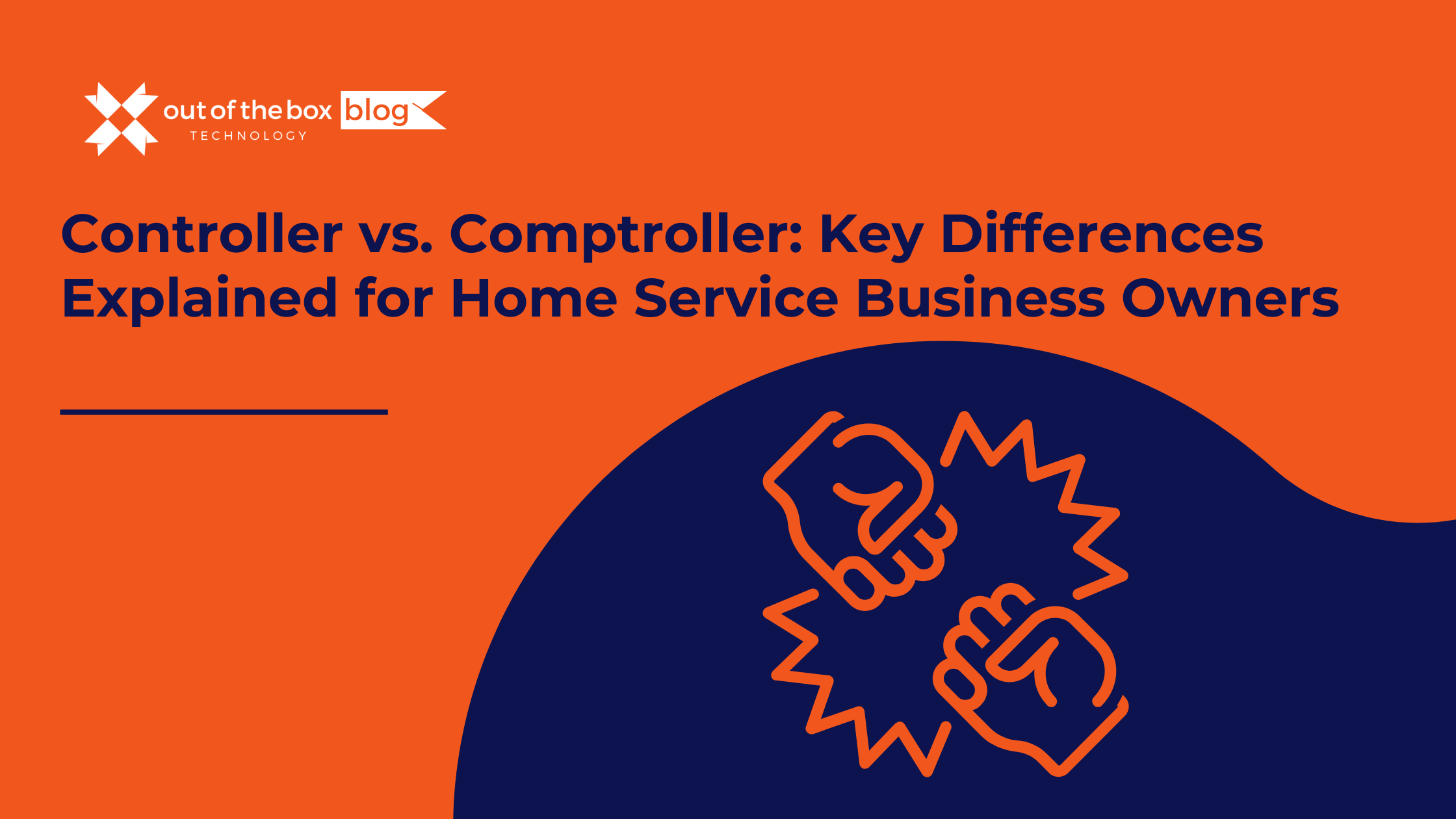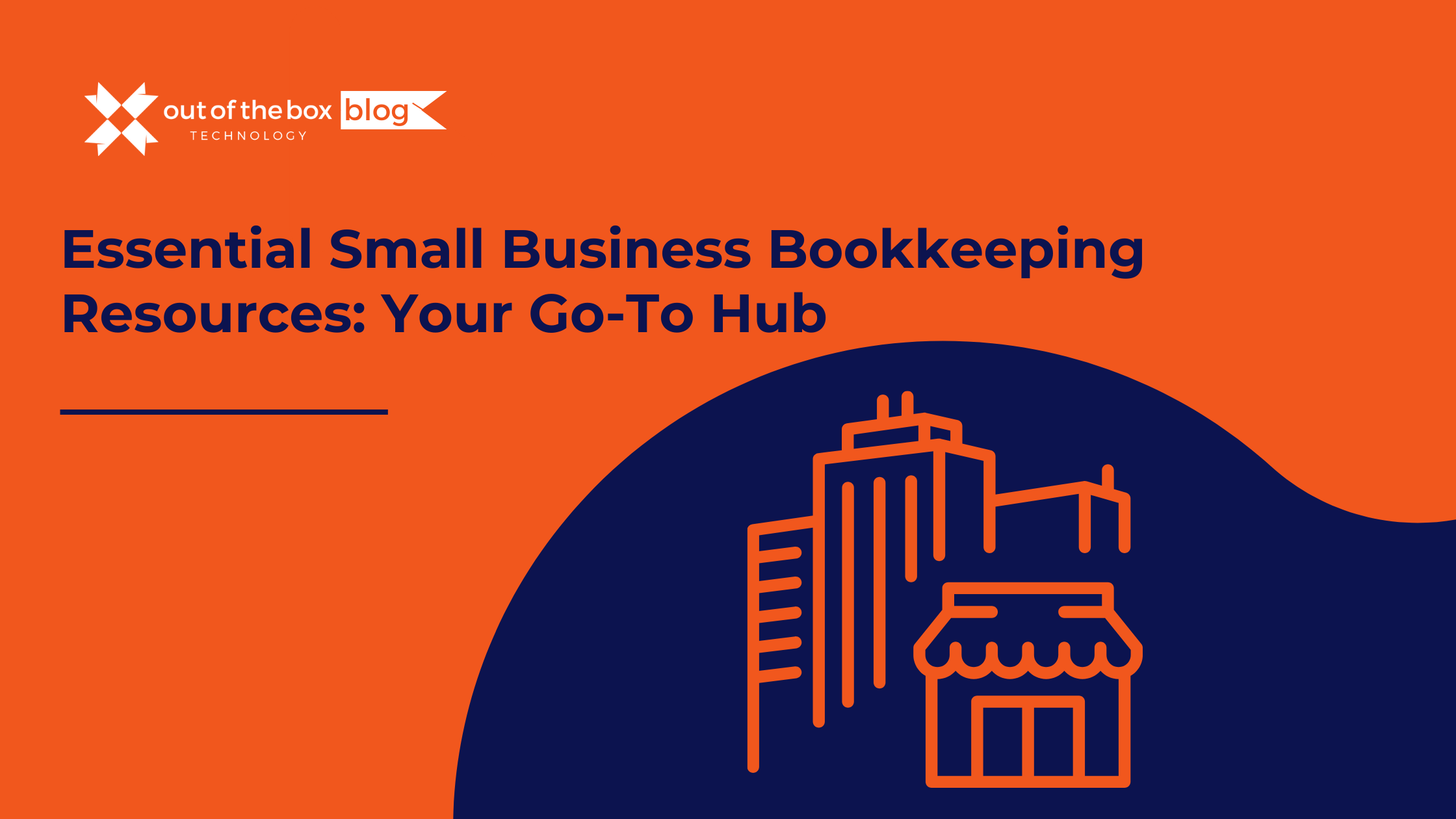Opening a new business is stressful, especially if you’re not sure where to start when it comes to organizing your books. But don’t panic—we’ve got some small business accounting tips here. As a new business owner, you don’t necessarily have to hire a full-time CPA to manage your books. In fact, you can keep your business running smoothly by following these accounting tips for small businesses.
Small Business Accounting Tips #1:
Learn Basic Accounting. The US Small Business Administration (SBA) estimates that roughly 50 percent of new businesses survive longer than five years, and only a third last 10 years or more. Why do so many businesses fail within the first few years? According to the book, Modern Management of Small Businesses, many businesses go belly up simply because the owners lack basic accounting skills.
“The likelihood of a small business not surviving over the long term is significantly greater when the small business owner does not have a firm grasp of cash flow management, accounting, and finance,” says Robert Barragan, CEO of Aquaria Funds, a nonprofit organization that specializes in small business training. “Poor financial skills often inhibit a small business owner’s ability to secure the working capital he or she needs to invest in the business and grow.”
Small Business Accounting Tips #2:
Record Every Expense. Tracking every penny you spend provides an accurate financial picture of your business. Although it might seem like a hassle to record small purchases (paper, toner, pens, and coffee), it’s a necessary part of running any business, especially because you’ll need this information to make important business decisions. If you don’t track all those purchases you made at Staples for office supplies, how can you be sure your business can afford to replace that old computer?
In an audit, if you can’t show a paper trail of your expenses, the IRS could deny your tax write-offs, not to mention that you could lose your business for inaccurate record keeping.
Small Business Accounting Tips #3:
Use Care with Deposits and Receivables. Whether you use QuickBooks to track your financial activities or an Excel spreadsheet, you’ll need a system in place to help you manage your deposits; this is also essential for tax purposes. For instance, if you recorded some of your deposits as income by mistake, then the IRS could tax you for income you didn’t actually produce.
It’s also a good idea to make sure you keep detailed records of what you’ve earned as income and what you’ve borrowed from creditors. Since many start-ups rely on loans for capital, these borrowed funds sometimes get recorded in receivables, and it’s a nightmare to fix. This is possibly the most important of all small business accounting tips.
Small Business Accounting Tips #4:
Have a Cash Reserve. All start-ups need cash for unexpected expenses, and considering it takes several years for a new business to breakeven, it’s smart to set aside money for emergencies. If you’re late on your quarterly taxes, for example, the IRS can penalize you with interest charges for each day that you fail to remit payment, and this can add up quickly over time. And what if your office manager suddenly quits? Now you’ll have to spend money and time to find and train another person in addition to your quarterly tax fees.
Cash flow problems are considered the second leading cause of business failure, and a cash reserve may be your saving grace. To ensure you have the funds when you need them, set some money aside each month to act as your safety net, even if it’s only a small amount.
Small Business Accounting Tips #5:
Keep Business and Personal Expenses Separate. Obviously, that expensive steak dinner you had with your family on the company credit card is not a business expense, but you can reimburse the company later, right? Well, yes, you can. It’s not illegal to use your company card to pay for personal expenses, assuming you record this as a transaction in your books and, of course, you pay the company back.
The problem with doing this is that it can get confusing. It’s not always easy to distinguish between a business transaction and a personal transaction, at least in the books. Before long, you can’t remember whether the paper you purchased back in July was for monthly reports or your daughter’s essay on Romeo and Juliet.
Though it may be tempting to use the company credit card when you need a personal payday loan, it’s best to keep things separate so you don’t accidentally report personal expenses as part of your business deductibles. This is often the most overlooked of the small business accounting tips, especially for startups.
Small Business Accounting Tips #6:
QuickBooks Certification: Give yourself a competitive edge. Let’s face it—unless you have a background in accounting, you’ll need some basic QuickBooks knowledge so you can manage your business for long-term success. Used by over 4.5 million businesses worldwide, QuickBooks is the most common accounting software on the market today, as it allows small business owners to manage their own books.
To learn how you can save money by becoming your own accountant, enroll today in our QuickBooks training program and find out how you can build a solid foundation to grow your business into the future.
In case we didt notify you, we will be hosting an Accounting Fundamentals boot camp. It will be two days worth of learning – both in Seminar & Webinar formats.




